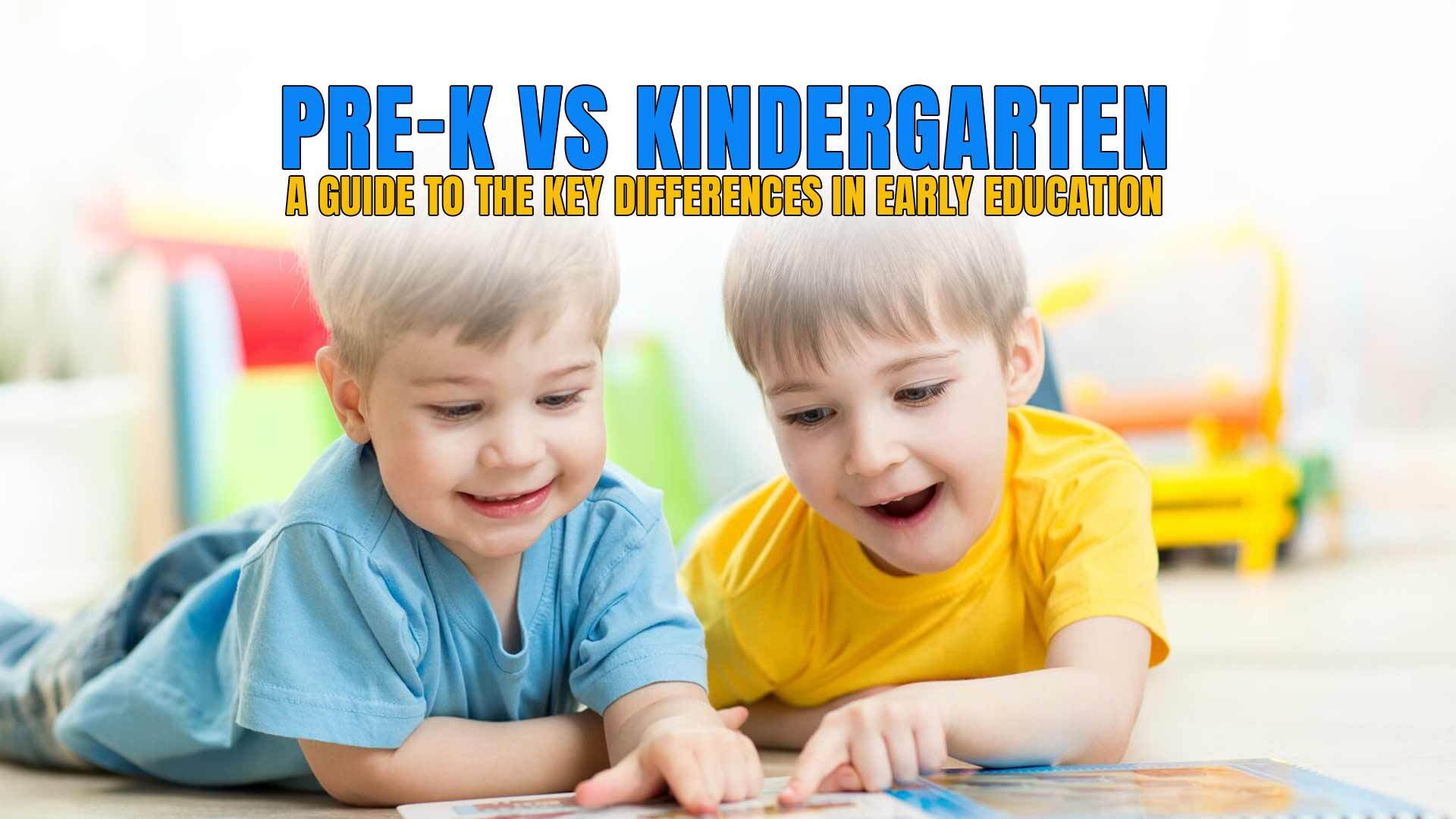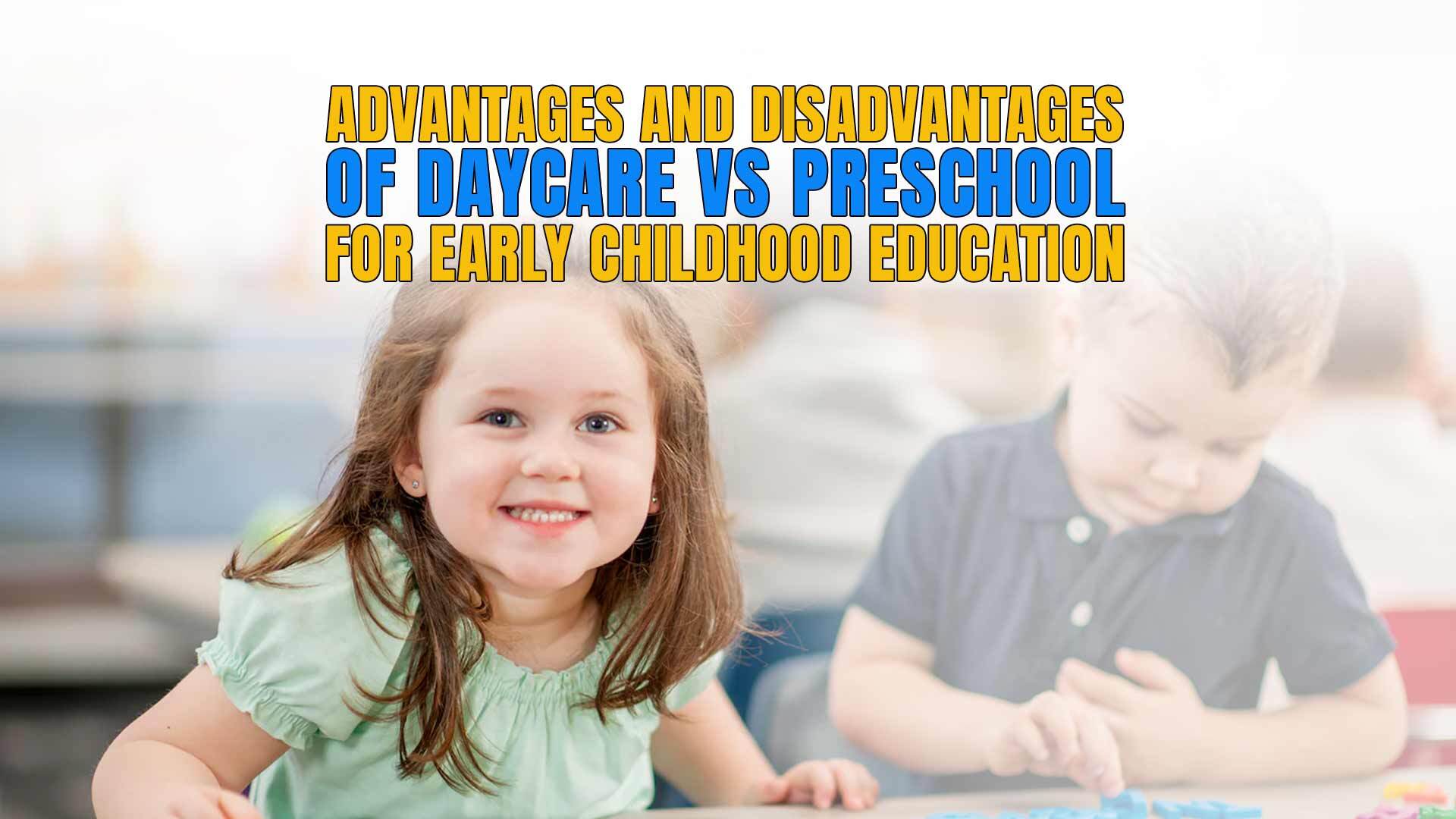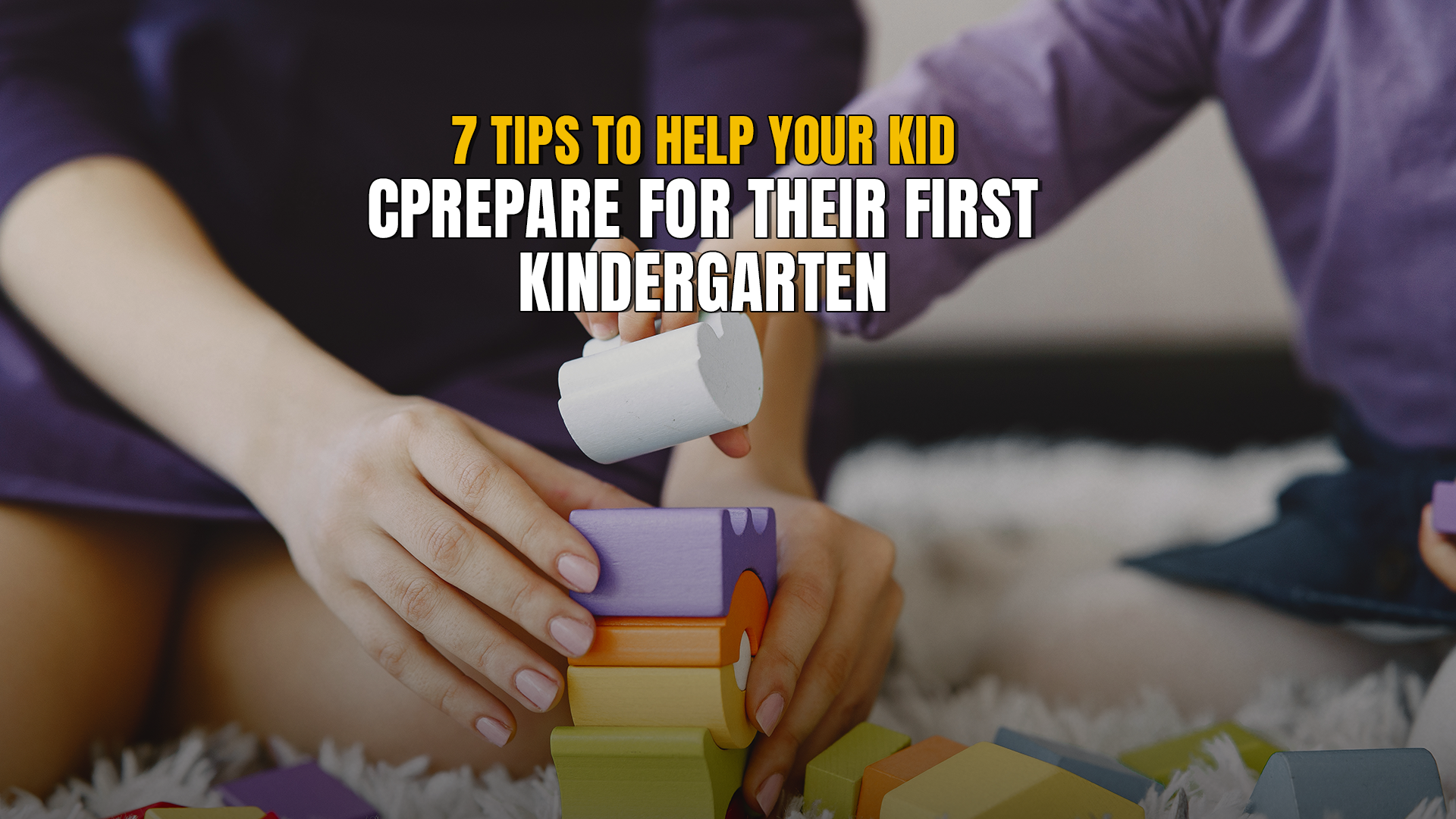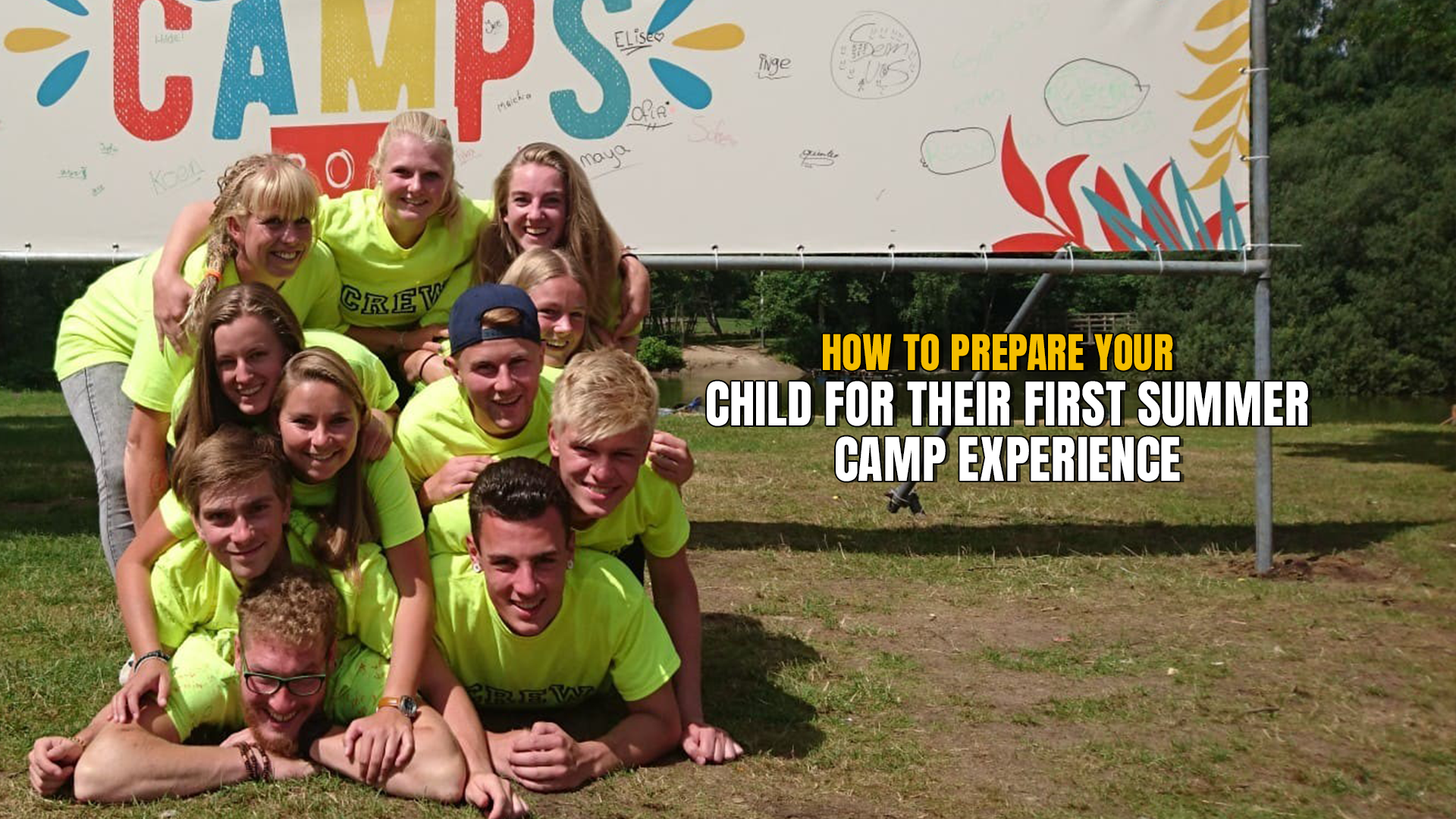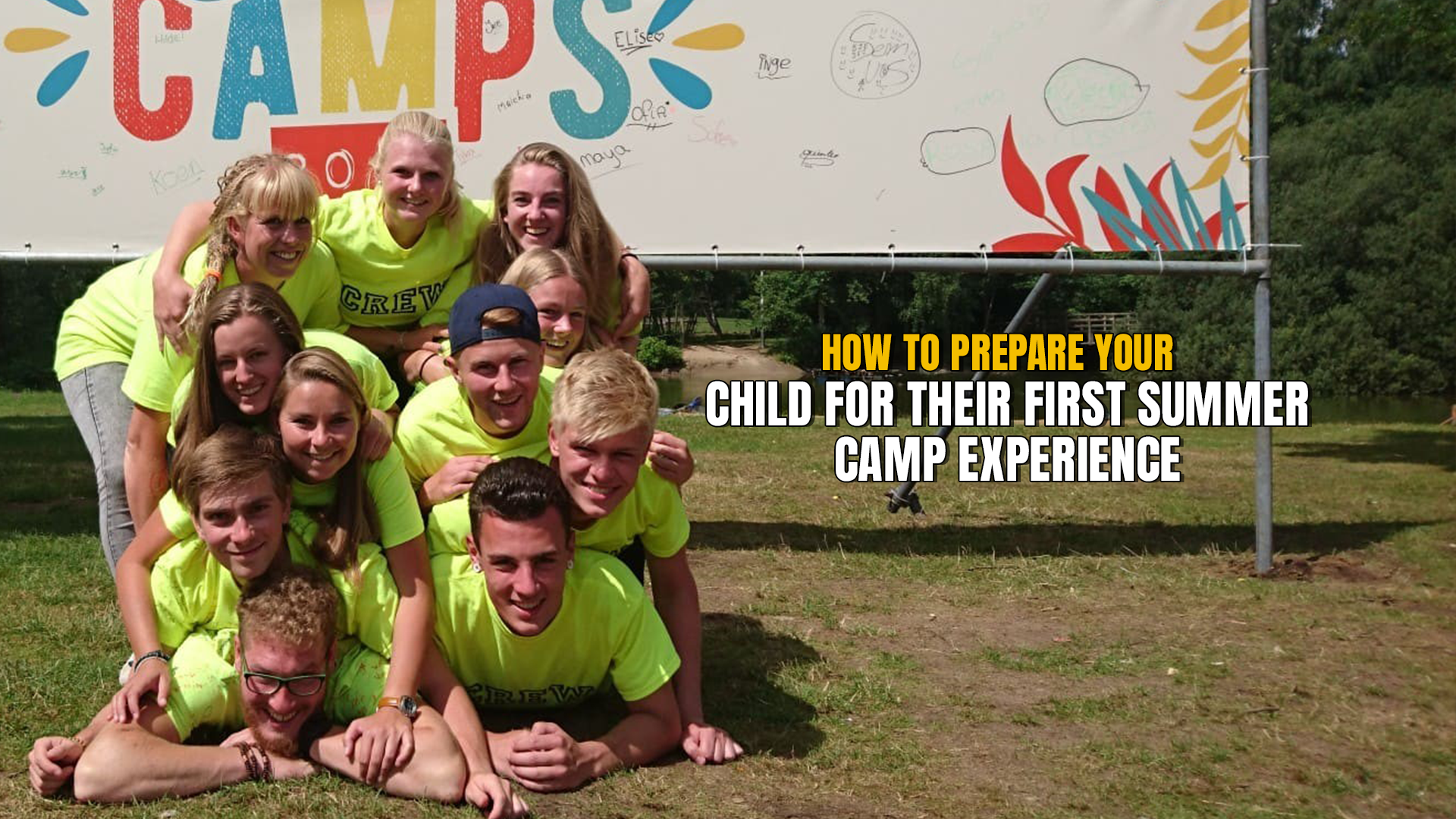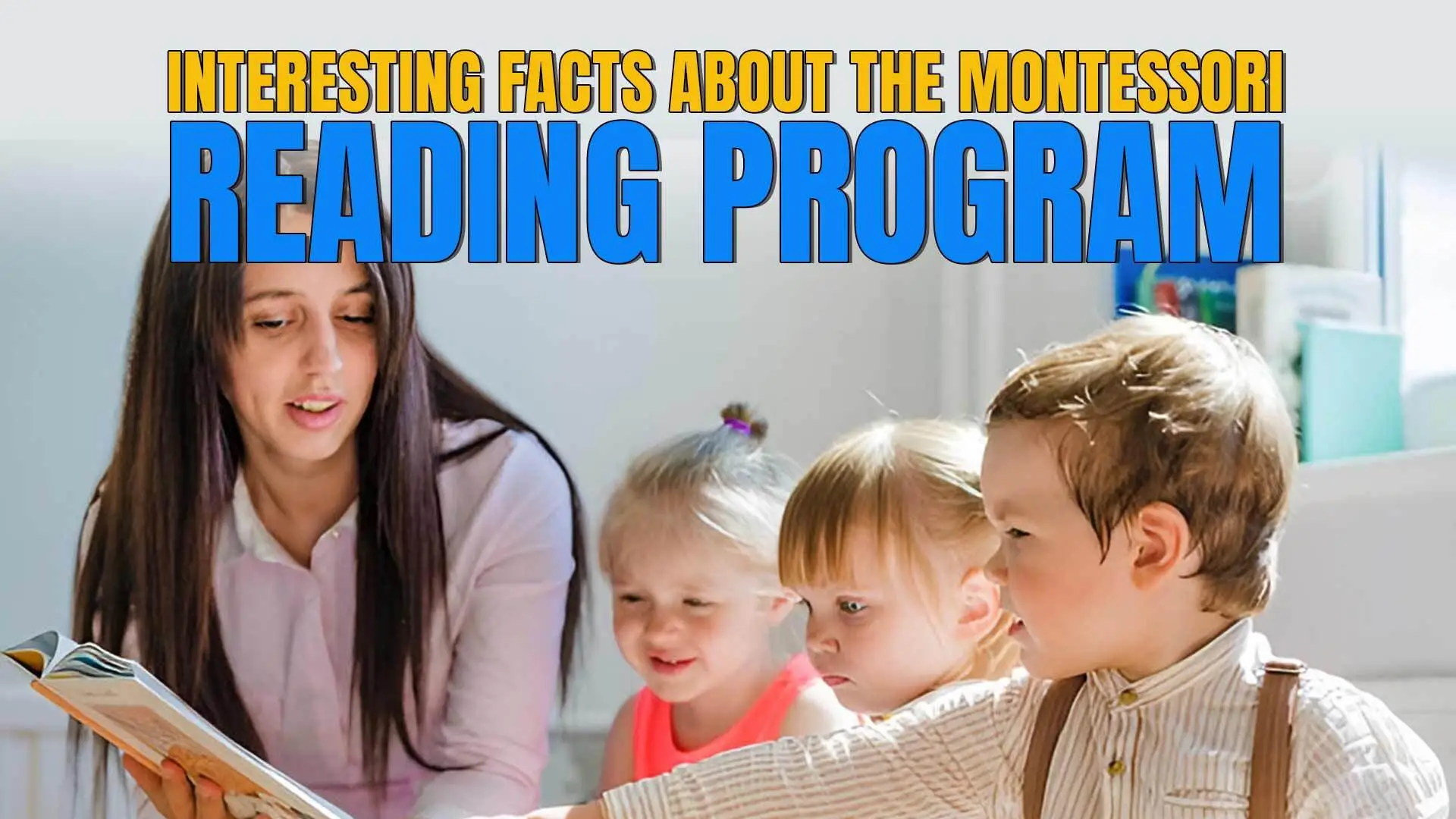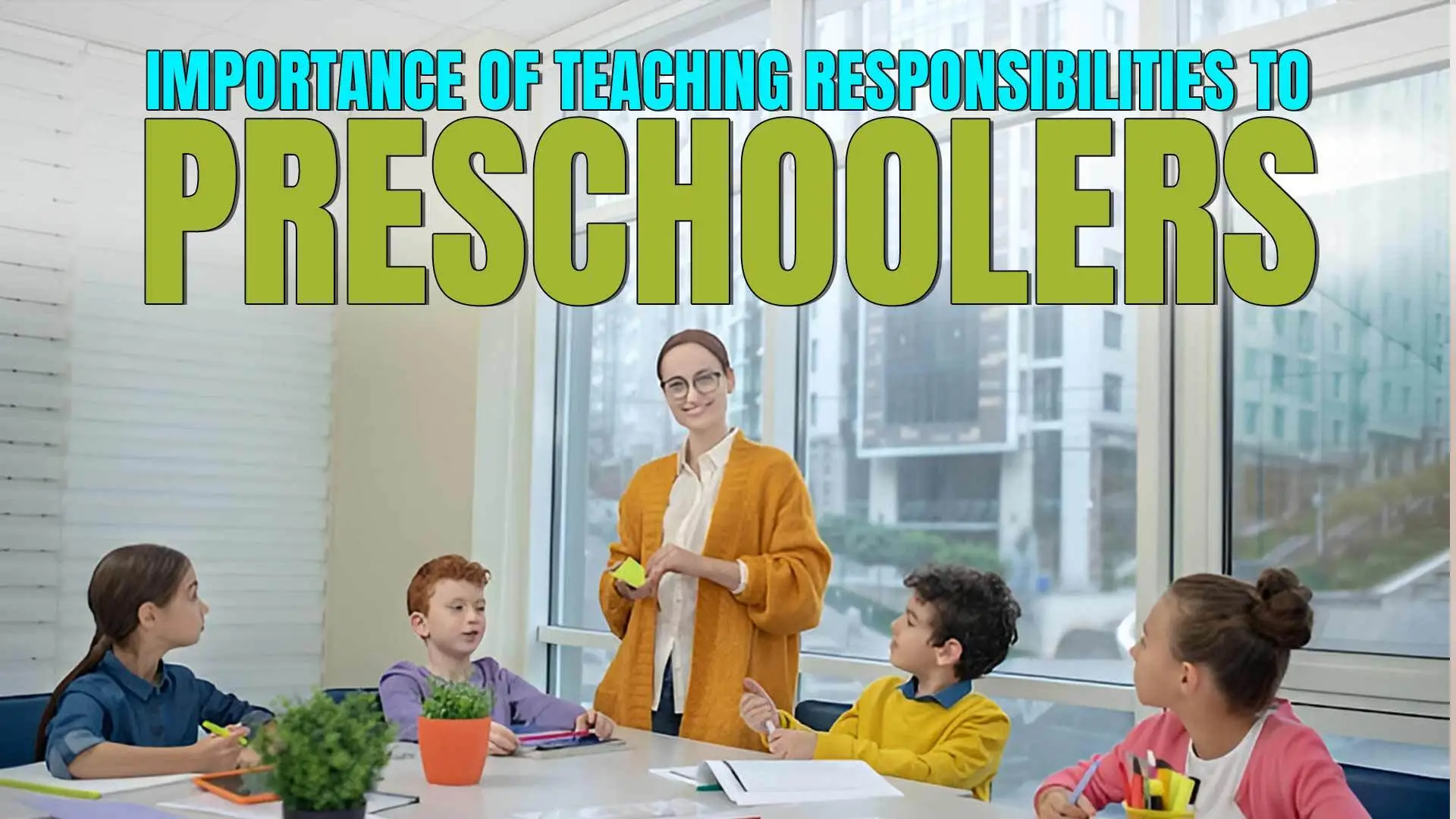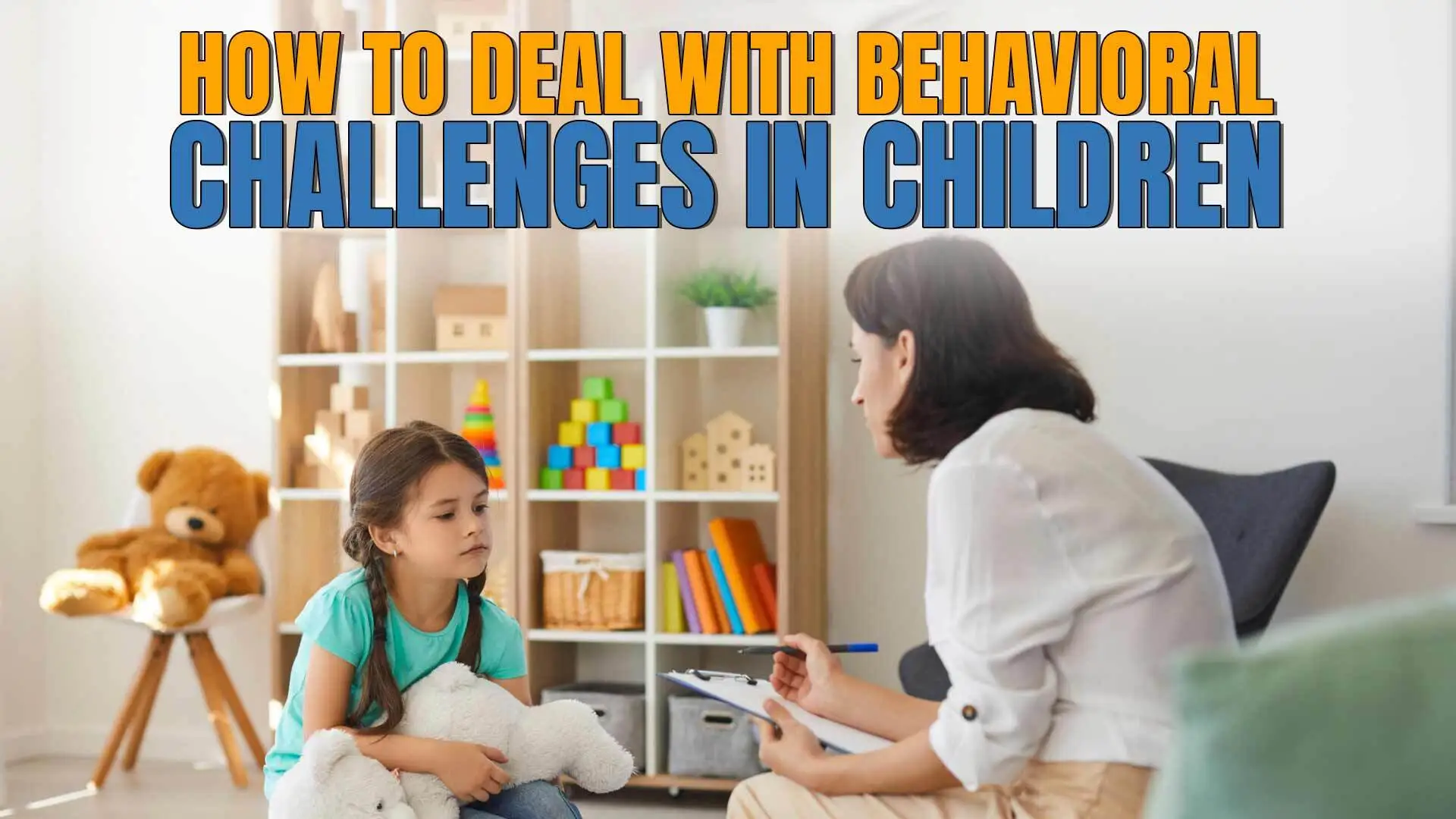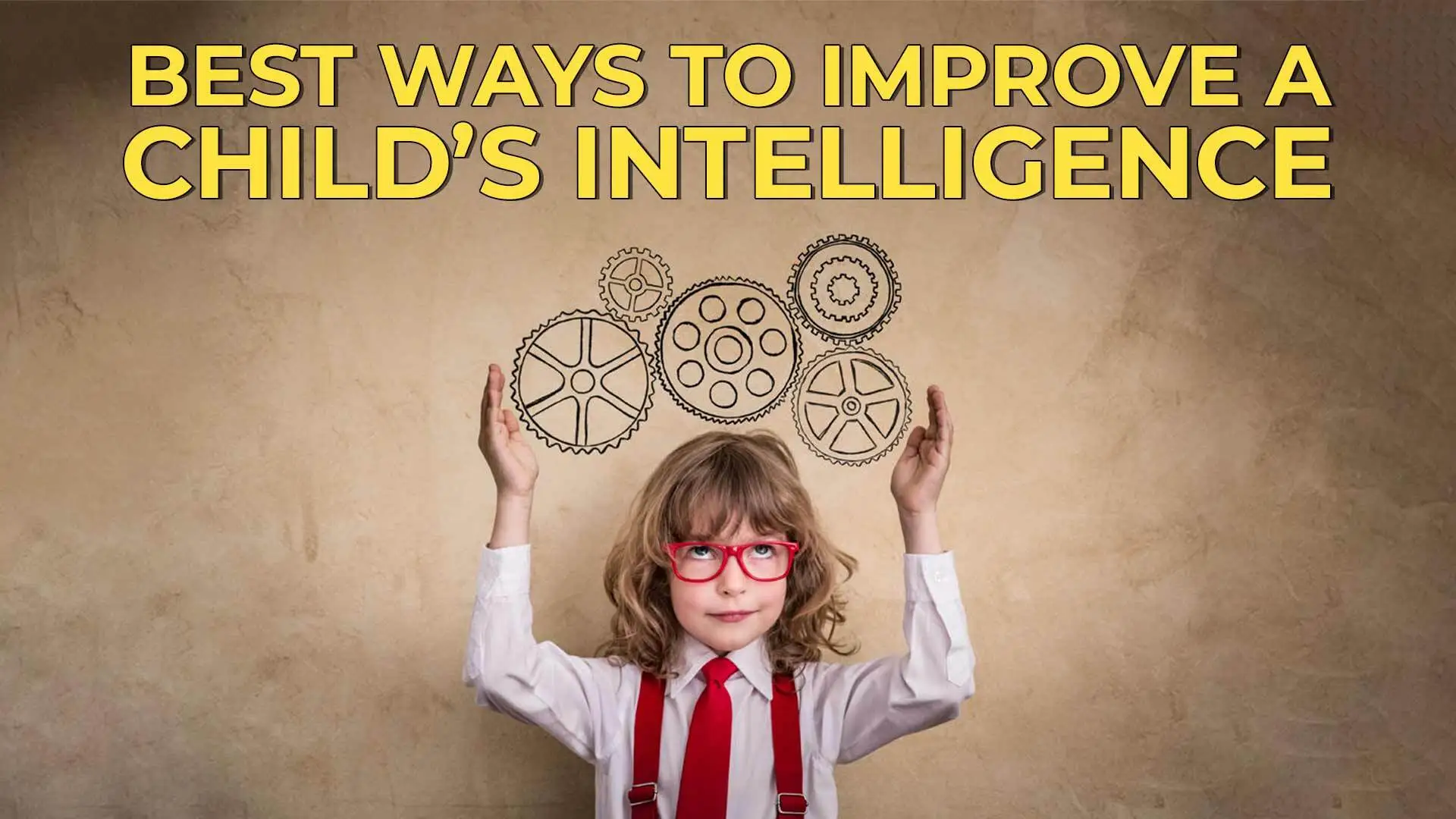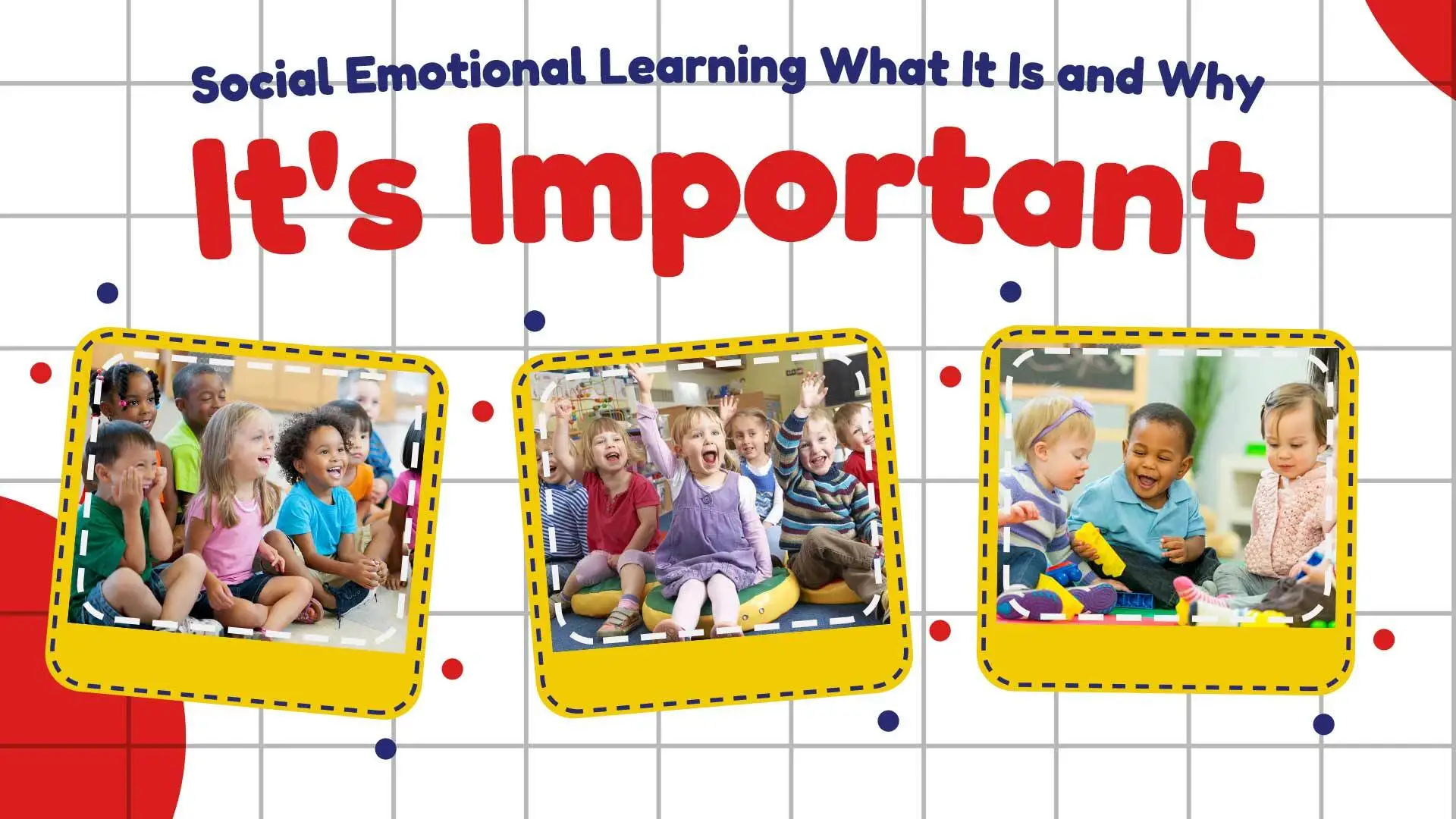Providing stimulating infant activities for daycare is essential to promoting daycare development. Infants learn best through play, exploration, and sensory stimulation. Well-planned day care activities help babies develop motor skills, mental abilities, and social connections. From infant art activities for daycare to movement play, these activities lay the foundation for a lifetime of learning.
Parents looking for a trustworthy daycare center in Alpharetta must ensure the center emphasizes stimulating and age-related activities. A structured environment with interactive learning activities helps infants develop essential skills and a passion for discovery. This article discusses the top 10 activities that stimulate an infant’s development in a structured daycare environment.
Table of Contents
Toggle- 1. Sensory Play with Textures
- 2. Tummy Time Exercises
- 3. Infant Art Activities for Daycare
- 4. Music and Movement Sessions
- 5. Storytelling and Picture Books
- 6. Mirror Play for Self-Discovery
- 7. Soft Ball Play for Motor Skills
- 8. Outdoor Exploration and Nature Time
- 9. Baby Sign Language Activities
- 10. Water Play for Sensory Exploration
- Final Thoughts
1. Sensory Play with Textures
Sensory play promotes the emerging sense of an infant, stimulates his cognitive development and curiosity. So, various kinds of texture, soft fabric, sponge, smooth ball, or some textured mats-will provide infants with touch while they can strengthen their pathways inside the brain. Daycares can create a sensory station with safe, non-toxic materials for babies to touch and discover. These activities promote tactile awareness and fine motor skills, making everyday object interactions as they grow easier.
2. Tummy Time Exercises
Tummy time is a simple early learning exercise that strengthens the neck, back, and arm muscles of an infant. By making tummy time activities with colorful toys, soft mirrors, or calming music more appealing, tummy time prepares babies for crawling and other movements, improving upper body strength and coordination. Tummy time also prevents flat spots in the back of the head and encourages healthy posture and muscle development.
3. Infant Art Activities for Daycare
Creativity starts early, and infant art activities for daycare stimulate the senses and encourage hand-eye coordination. Some safe and fun ideas are:
- Finger painting with edible, non-toxic paint
- Handprint and footprint painting
- Sponge painting on paper
These activities allow infants to learn various colors and textures and improve self-expression and creativity. Art projects also allow infants to practice developing gripping and motor skills, enabling them to easily pick up objects as they grow. More importantly, early exposure to art offers an effective way for caregivers to bond with the infants while building creative play.
4. Music and Movement Sessions
Music is one thing babies can’t help but respond to, making it an ideal early learning tool. Exposure to nursery rhymes, lullabies, or soft instrumental music during daycare sessions stimulates listening skills. Pairing soothing movements like swaying, clapping, or bouncing along the beat of music improves coordination and balance. Singing along also helps in language development, as babies learn to identify patterns and associate sounds with their meanings.
5. Storytelling and Picture Books
Though babies do not understand words, hearing stories and rhymes builds language. Reading colorful board books with simple illustrations teaches infants about shapes, colors, and patterns. Hearing stories repeatedly sharpen listening and memory skills, which provides the building blocks for early literacy development. Reading with different tones, facial expressions, and interactive story styles makes reading time more exciting and engaging for babies.
6. Mirror Play for Self-Discovery
Mirrors are an effective tool for making infants discover through vision. Infants enjoy looking at themselves in the mirror, which provokes self-awareness and emotional development. Incorporating mirror play with facial expressions and simple noises enhances interaction and social attachment. As babies become accustomed to observing themselves, they start establishing a sense of self and awareness, which is essential to emotional intelligence.
7. Soft Ball Play for Motor Skills
Throwing or rolling soft balls improves hand-eye coordination and grasping ability. Daycares can establish a ball pit with light softballs to provide children with an enjoyable activity that facilitates gross motor development. Through reaching, grasping, and throwing, babies improve their muscles and coordination, which builds them up to follow-up activities like crawling, standing, and walking. Ball play also familiarizes babies with cause and effect, as they understand the impact of their actions on moving objects.
8. Outdoor Exploration and Nature Time
Exposing babies to the outdoors for fresh air and sunlight is beneficial for sensory stimulation. Short stroller rides, grass touch, or fall leaf gazing expose babies to their surroundings. Going outside stimulates curiosity, and natural sunlight provides vitamin D, essential for healthy bone growth. Outdoor time also calms, improves mood, and enhances visual tracking skills, as babies track moving objects like birds, trees, and clouds.
9. Baby Sign Language Activities
Teaching babies simple sign language gestures like “milk,” “more,” and “all done” can improve early communication. Caregivers can use gestures with words during meals or playtime to allow babies to communicate their needs before they can speak. Early exposure to sign language leads to improved communication, less frustration, and even improves subsequent speech skills. As per research, babies who learn simple signs have a stronger vocabulary later.
10. Water Play for Sensory Exploration
Water play is rich in enjoyable and learning activities. Simple activities like splashing hands in a shallow water tray or playing with floating objects improve sensory perception. Adhering to safety protocols like supervision and using warm, shallow water is crucial. Water play also exposes babies to temperature differences, object buoyancy, and gentle resistance, all of which support their tactile and motor skill development.
Final Thoughts
Interactive infant daycare activities are a part of a child’s daycare development. From infant daycare art activities to sensory activities, everything is covered under cognitive, physical, and social skills development. Well-planned daycare activities not only engage infants but also form the basis for lifelong learning and growth.
Parents searching for a daycare center in Alpharetta need to ensure that their chosen facility emphasizes age-appropriate activities for growth. Through interactive daycare activities, infants develop confidence, acquire essential skills, and establish early relationships that result in a bright and prosperous future.



